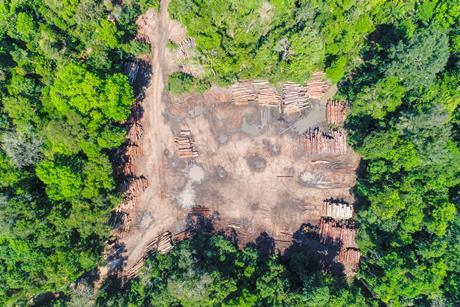Brazil policy
Brazil is not only a regional economic superpower, a key supplier of critical global commodities and steward of the single largest remaining tropical rainforest, it also has a long history of regional leadership on responsible investment.
The government is advancing a series of ambitious policies aimed at driving a just and inclusive economic transition that integrates considerations of climate adaptation and resilience, as well as the protection of nature and biodiversity.
Comprehensive consideration of systemic sustainability risks requires coordinated action. This includes efforts in both sustainable finance and real economy policy through a whole-of-government approach is essential.
The Ecological Transformation Plan - ETP - plays a key role on joining the dots between processes such as sustainable finance and sectors like infrastructure. It is the principal instrument for the whole-of-government approach in Brazil’s sustainable development strategy.
Key interventions should clarify investors' fiduciary duties and establish baseline expectations and minimum sustainability disclosures across all financial products.
Action on climate transition plans and environmental and human rights due diligence will support companies and investors achieve sustainability goals.
Additionally, high-integrity carbon markets should be developed, while blended finance instruments can help mobilize capital towards sustainable solutions. Sectoral roadmaps should guide the private sector in aligning key economic sectors with national sustainability targets.
Key publications
A roadmap for sustainable finance policy development in Brazil
Promoting investment in Brazil’s socio-economic transformation
Latest policy engagements
PRI response to consultation on Brazilian sustainable taxonomy
The PRI welcomes the development by the Brazilian Ministry of Finance of the Sustainable Taxonomy (TSB), including the development of an index to measure and promote gender and racial equality.






